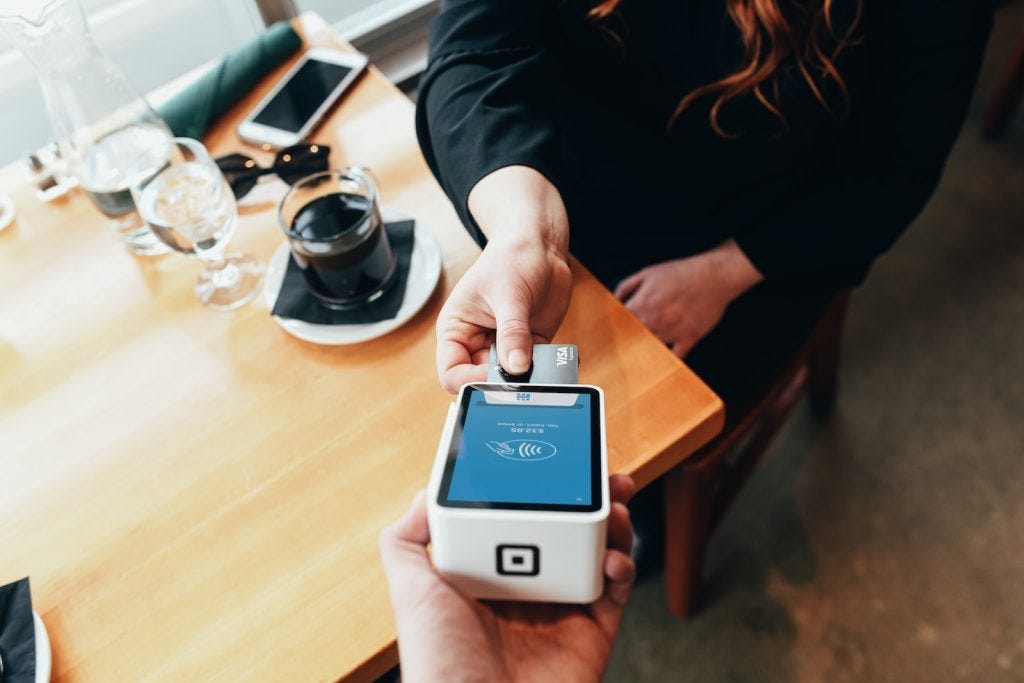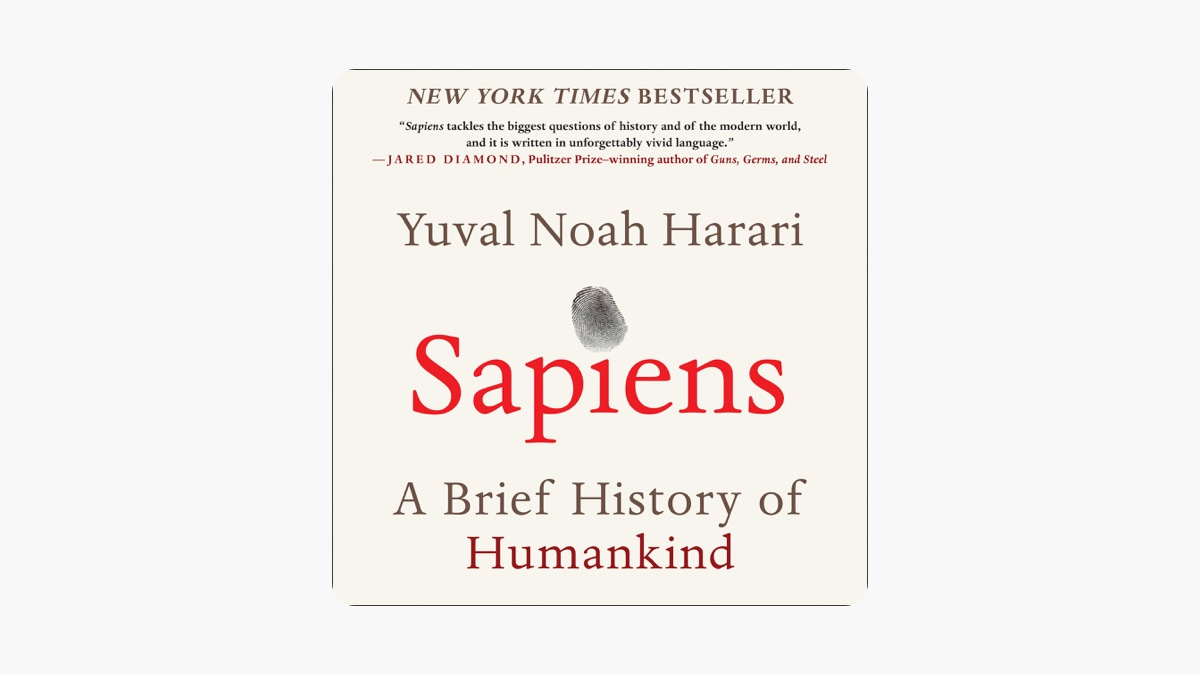Behind the Handshake: Erika Wool
Timing is everything. A great conversation is often as much about “when” as it is about “who.”
My recent conversation with Erika Wool, who leads Product Partnerships & Strategic Partnerships at Stripe, took place during her second maternity leave, which I had not realized when I reached out to her.
I knew from past conversations with Erika that she brings an insightful perspective on building businesses, partnerships and more. But I was struck how being at home with her family - and away from the daily rush of product reviews and partner pitches - gave Erika the space to be reflective.
I hope you appreciate Erika’s perspective as much as I did.
Tell us about yourself.
The answer to the question is really shifting for me. Being 10 weeks into my second maternity leave, I’m realizing that I want to define myself differently than where I work, where I’m from or where I live. I want to define myself by my relationships with my family and also things that matter to me as an individual. I get a lot of meaning from work, so that will always be a component of my answer … but I want who I am to be about more than work.
Basically, I’m rewriting my answer to this question. I would guess the same is true for a lot of your readers, especially those in the midst of some kind of life transition.
How would you describe your company and your role to someone sitting next to you on a flight?
I like the way this question is phrased but personally I find that the people I have to explain my role to most often are colleagues internally, not people I meet externally. Partnerships mean different things at different companies. Oftentimes I encounter folks at Stripe who haven’t worked closely with partnerships as a function, so I have tailored my description of my role to how I try to explain this to them.
At Stripe, we define everything we do by our mission - we build economic infrastructure for the internet - and the thing that makes it economic are all the partnerships we have in place. Stripe is not a card network. Stripe is not a bank. Stripe is not a payment method. So if we want to provide economic tools to the businesses that build on Stripe, then we need partnerships. That is what we do on Stripe’s partnerships team.
What is an unpopular or contrarian view you hold?
My strong view is that you need to stop trying to avoid your emotions at work. That doesn’t necessarily mean you get to externalize emotions all the time. But you should think about your emotions, whether positive or negative, as information that can help you figure out how to work more productively with others or create new insights about problems you’re tackling. When you’re putting energy into suppressing an emotion that arises from working with someone else or working on something, that is standing in your way. I think we all stand to benefit by figuring how to use our emotions at work more productively.
Tell me about a partnership that you’re proud of and a lesson you carry with you today from that deal.
One deal that I am particularly proud of was when Stripe was chosen to be Apple’s first launch partner for Tap to Pay on iPhone. It was exciting to shape the product that Apple ultimately launched and built. That deal really solidified to many people that Stripe can be a competitor not just in online payments but also in in-person payments and drive innovation in a category that we were previously an afterthought in.
I started working on this opportunity as soon as I started at Stripe in 2019. My very first meeting with Apple was about our interest in turning iPhones into payment terminals.
This deal taught me that you just have to get started. I obviously wasn’t super deep on Stripe’s products yet. I didn’t know that much about in-person payments, which is wildly complicated. I didn’t know that much about hardware yet. But that didn’t prevent me from being a good partner externally or internally. I had to be mindful and upfront about what I didn’t know. But I was still able to lead and turn the opportunity into a tangible deal to be done and then work with our cross-functional team to pull off a great launch.
What is one insight that is core to how you approach relationships and build partnerships?
Don’t forget that there’s like a human on the other side of the table. Make zero assumptions about what matters to that person and what success looks like for them. Even if you don’t have a lot of time, ask questions - especially at moments where you think you know what someone means but haven’t heard it directly from them.
What is one thing you have found to be true about negotiations but is often overlooked?
There are many, many ways to create value and the sooner you get past negotiating for the same pieces of value, the more productive the deal is going to be. It is very rare in my experience that two companies negotiating a partnership agreement care about exactly the same two terms or outcomes equally.
What advice would you offer to someone earlier in their career that you wish someone had given you?
Don’t overthink it. I think that the partnerships function tends to attract really thoughtful people but we can often overthink things. Whether you’re talking yourself out of doing something or, conversely, sticking with doing something. I talk to so many people who think their career need to be linear and they put so much pressure on each step along the way. And that pressure can lead to overthinking. Sometimes you have to just give something a try and see how it goes.
What is something you read or listen to that makes you smarter?
Anything that Molly Graham writes - she is really thoughtful about some of the topics that we touched on here, like managing and how to make decisions about your career and her work just makes me smarter about how to be a person in a company.
When it comes to AI, I read Every’s newsletter. I want to learn how to build with AI versus just leveraging it for productivity and Every focuses on tools and how to use them, and I have found that to be really helpful.
What is a book that has changed your perspective?
There was a moment in my career where I was experiencing severe burnout and I was having trouble connecting with the parts of me that fuel me at work, specifically my curiosity. I happened to read Sapiens by Yuval Noah Harari years after it was originally popular and it re-ignited my sense of curiosity about the world. I thought to myself, “holy shit, humanity could have done literally anything and this is what we chose to create.” This really helped me find a way to reframe. And even years later, when I feel like I’m hitting a wall personally or professionally, I remind myself of that perspective and how I felt when I read that.
What is one question I should ask you that I didn’t?
When it comes to work, what is something that you think matters now that you didn’t realize mattered before?
My answer is that, before I went out on my first parental leave I had been leading teams for a long time and have had a lot of people go out on leave - be it some kind of parental or caregiver leave - and I always thought I was empathetic and took pride in thinking “I’m a good manager for someone at these big transitions in this life.” And I think I’ve realized that, after returning from my first leave and experiencing first hand what that’s like, that I could improve some things.




